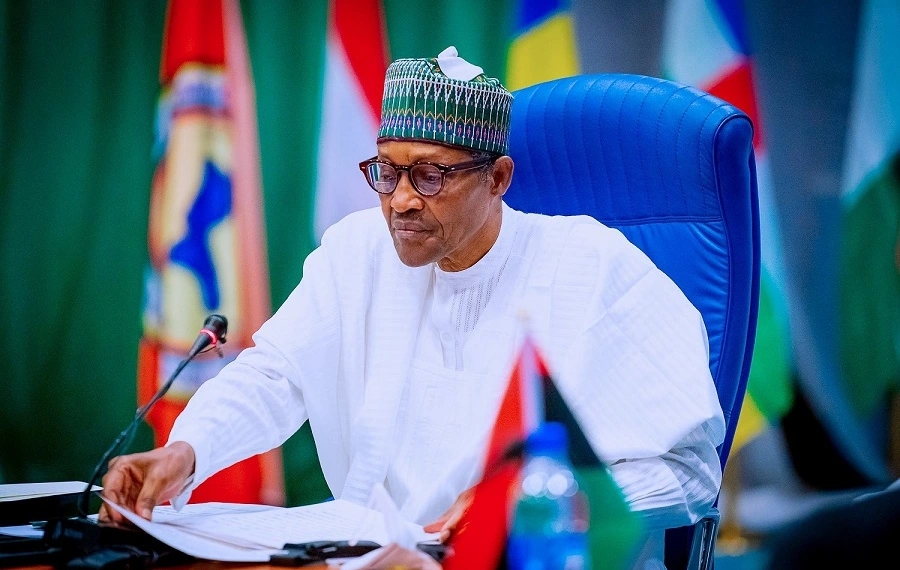Nigeria’s 3.2% GDP growth projection stands threatened by recent economic and political developments around the country, according to economic experts.
At the end of January 2023, the International Monetary Fund (IMF) upgraded Nigeria’s economic growth projection to 3.2% for 2023. The latest forecast was 0.2 percentage points higher than the 3.0 percent earlier projected in its October 2022 report. The Africa Development Bank (AfDB) had projected 3.1% GDP growth for Nigeria.
Apparently, the multilateral institutions, and indeed, the federal government did not envisage the naira crunch that would engulf the nation when they made the projections. Some economists say given the circumstances the country’s growth projection may be over-optimistic.
Effects of naira scarcity: The naira crisis has stalled trade right across the country, which has reduced economic activities and threatens to taper GDP growth. Also, experts posit that uncertainties emanating from political activities may have an impact on the 2023 GDP performance.
Although the Supreme Court of Nigeria has put paid to the legal imbroglio that had earlier ensued, there is no letup in sight to the end of the naira crisis as it seems money in circulation is simply inadequate.
What experts are saying: Baring his opinion on the issue, the chief executive of Economic Associates, Dr Ayo Teriba, told Nairametrics that the naira crisis will certainly affect Nigeria’s GDP growth in the first quarter, but if normalcy returns, then the situation will just be a problem for the first quarter. He said the presidential election has been peaceful and successful; if the gubernatorial elections are conclusive then we don’t have much to worry about. “But whether the first quarter slowdown will affect the whole year remains to be seen,” he said.
However, the chief executive of the Center for the Promotion of Private Enterprise (CPPE), Dr. Muda Yusuf, noted that forecast figures are reduced periodically. He said along the line, depending on how some variables develop, the IMF projection might be reduced. He noted that the projection did not take into consideration the cash crisis Nigeria has been facing over the past two or three months.
- “No matter how you look at it, some major sectors of the economy have been badly affected as a result of the cash crisis, especially the agricultural sector, our trade sector, and to some extent, our hospitality sector; and some of these sectors also have linkages with other sectors.
- “Second, is the fact that we are in a transition. Transition economies, especially in Africa, often come with some deceleration in economic activities because political transition can be dicey; the policy risk is also very high. So, I can imagine that some investors, rather than invest now, are a bit cautious until maybe a few months after the elections to see how the outcomes and the responses to the outcome will be and to be sure of the economic policies of the new administration.
- “Those two factors, typically, slow down the pace of investment, especially foreign direct investment, and to some extent, portfolio investment. So, on account of those two factors, we can say that the projections may be a bit optimistic.
- “But there is a flip side to it. The oil sector is a critical factor in our GDP. When there are high oil prices, it normally reflects positively on our GDP because it affects revenue and foreign exchange earnings. Our oil output is beginning to improve because of the efforts that have been put in place to curb oil theft and restore some confidence. So from the perspective of high oil prices, we expect some positive impact.
- “So, the political and policy risks impact might be negative. But what the net impact will be, one is not in the position to say at this time,” Dr. Yusuf asserted.
Buttressing Yusuf’s points, the chief executive of Anthill Concepts Limited, Dr Emeka Okengwu, said the naira redesign exercise created some uncertainty in the market, and the moment people start losing confidence in the market it creates a problem.
- “Also, we are in an election season, and during times like this there is always that sit-on-the-wall attitude by investors until they can be certain about the direction of the economy; so the process and outcome of the elections and how people have received them will be a determining factor. The sentiments about the outcome of the elections have not receded up to now.
- “There are still a lot of apprehensions. Maybe after the gubernatorial elections, the confidence of investors might renew, but I don’t see that kicking in now; and that might be another major consequence of why it might not be very safe to say that the 3.2% GDP projection is something that can be attained.
- “Third is that our infrastructure growth stock, which is very critical to be able to attain GDP growth, has not been so good to support the GDP growth rate we’re talking about. It’s obvious that the major infrastructure projects are either on the decline or are no longer on the front burner. The rail infrastructure, for example, does not seem to have the momentum it’s supposed to be generating,” Okengwu stated.
GDP Growth and Tinubu’s government: Dr Andrew Nevin, the chief economist of PriceWaterhouseCooper, however, gave a slightly different view. He said Nigeria’s GDP growth rate will depend on the policies of the new government. He said the government should do the things that encourage inclusive and sustainable growth, which are the changes in policy that will cause higher growth.
He said for a country like Nigeria which is richly endowed with human and natural resources, 3.2% GDP growth is insignificant. He said Nigeria should be aiming for a 9 to 10% growth rate, which is possible with the right policies.
